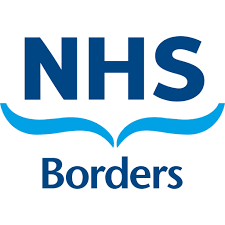Cellulitis
IV Flucloxacillin
Switching to oral Flucloxacillin
or if true penicillin allergy
Non severe illness:
IV Clarithromycin
Severe illness:
IV Vancomycin
If severe sepsis or incomplete HIB immunisation add gentamicin to above.
Duration 5-14 days (longer courses may be required.)
Orbital or periorbital cellulitis
Refer to ENT/opthalmology
IV Flucloxacillin + IV Cefotaxime
(+ IV Metronidazole if no clinical improvement after 24-36h)
If true penicillin allergy
IV clindamycin
+IV gentamicin
Human/animal bite
Co-amoxiclav
Or if true penicillin allergy
Human bite Metronidazole + Clarithromycin
Animal Bite – Metronidazole + Co-trimoxazole
Duration 5- 7 days
3 days of prophylactic antibiotics should be given to all moderate/severe bites especially if oedema, crush, puncture wounds, facial, genital, hand or foot bites or immuno-compromised hosts.
Consider tetanus prophylaxis and, for human bites, blood borne
virus transmission. Consider rabies if animal bite acquired in endemic area.
Impetigo
Topical fusidic acid, consider topical if only small areas of very localised lesions after checking with Microbiology
Oral Flucloxacillin if widespread.
If true penicillin allergy – Clarithromycin
Duration 5 days then review.


